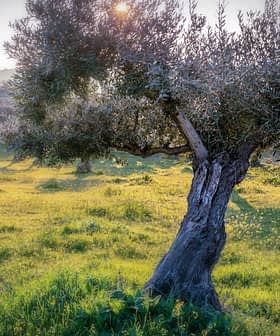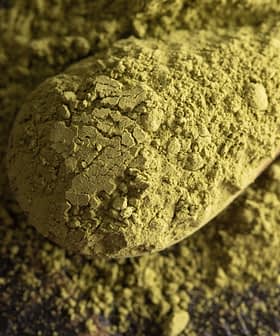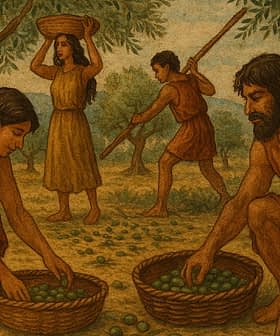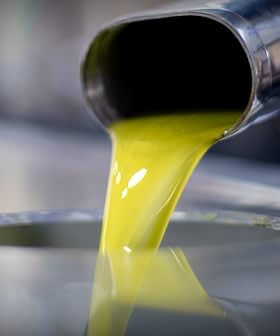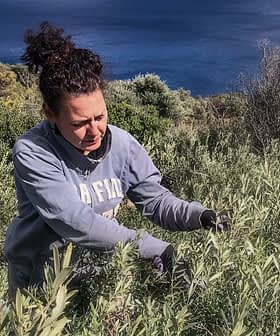New Project in Greece Aims to Decrypt Domestic Olive Cultivars
Greece seeks to analyze the genome of olives to safekeep its cultivars and make better products.
The Greek government is launching a project to identify the genome of Greek olive cultivars as part of the Iconic Initiatives program supervised by the General Secretariat of Research and Technology, aiming to analyze the genetic material of domestic olive varieties for marketing purposes and to preserve different clones. The program will create a network of academic and research institutes to track the descent of the cultivars down to a molecular level, with a budget of €5 million available for the initial phase expected to take up to two years to complete.
The first large-scale endeavor to identify the genome of Greek olive cultivars is about to commence. The project is part of the Iconic Initiatives program supervised by the General Secretariat of Research and Technology of Greece. The program includes actions for three vital sectors of the agricultural economy of the country — olives, honey, and grapes.
The traceability of the descent of the varieties is very important because it will enable us to put a label on them useful for marketing purposes.
The aim is to fully decrypt and analyze the genetic material of domestic olive varieties in order to track the genre and descent of the cultivars and preserve different clones by documenting and safeguarding their structure. This will hopefully lead to branded products with a competitive advantage compared to rival products in the market.
‘Olive Routes’ is the program’s action for olives and the first of the three to begin.
A network of academic and research institutes in the field of molecular biology and genetic engineering will be created and assigned with the task to identify and record the genetic material of domestic cultivars down to a molecular level.
By employing advanced scientific methods, the researchers will analyze the genetic code of olive trees toward achieving traceability of the cultivars and an explicit view of their special characteristics.
All recorded varieties will be registered in the database of plant varieties of the European Union and new tools will be used by scientists to improve products and better understand their links to human well-being and longevity.
Giorgos Chourdakis, the office manager of the Deputy Minister of Research and Innovation, in an interview with a Greek agricultural newspaper, stressed the importance of the project in terms of marketing and branding.
“The traceability of the descent of the varieties is very important because it will enable us to put a label on them useful for marketing purposes. The plan is for every product to have a brand name,” he said.
Chourdakis then described the effects of the project from a nutritional point of view: “The special characteristics and qualities of the products pinpointed by the research could be printed on their packages. Potentially, we could achieve a health claim for some of the products and this will be accomplished only by applying modern scientific methods in the agro-food sector.”
The program will aim to highlight the qualities of the commodities and create added value, providing at the same time a framework for an improved production pattern. A budget of €5 million ($6 million) is available for the initial phase of the program that is expected to take up to two years to be completed.



